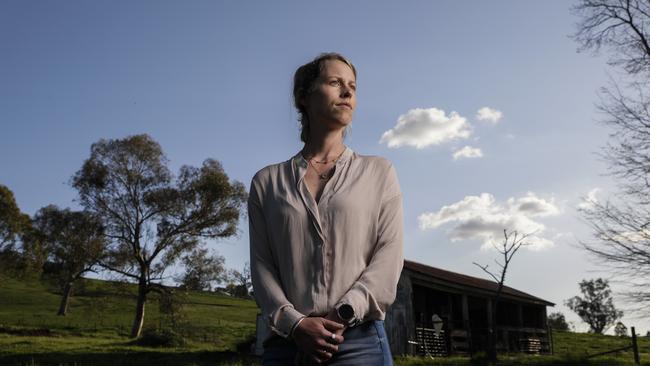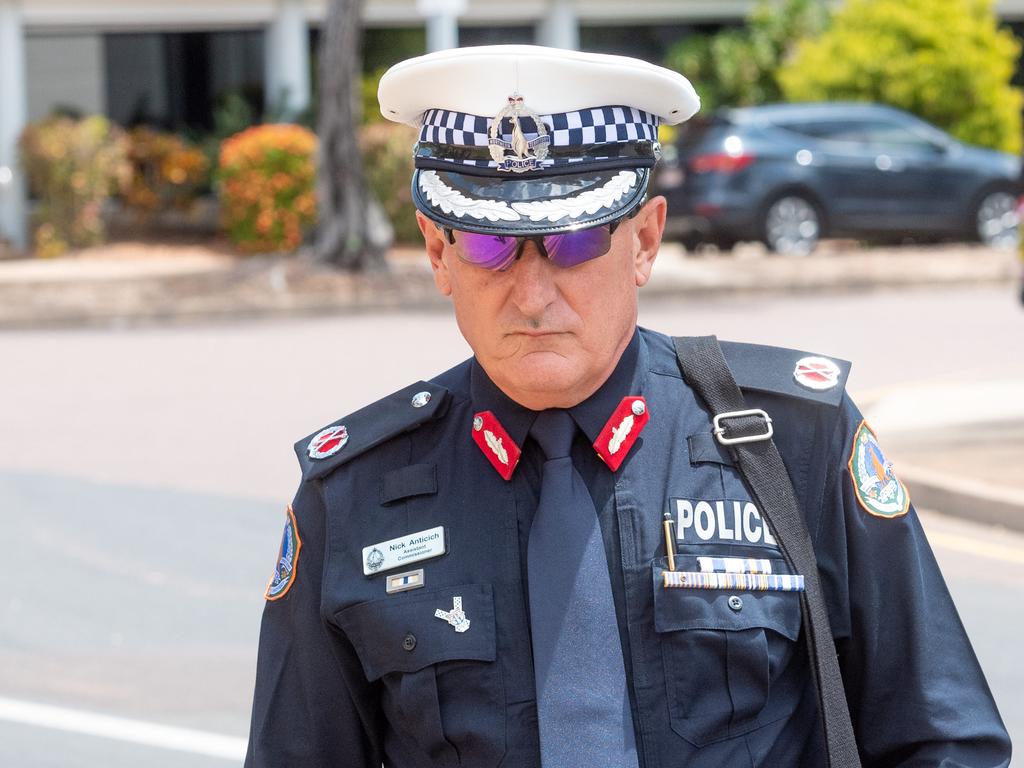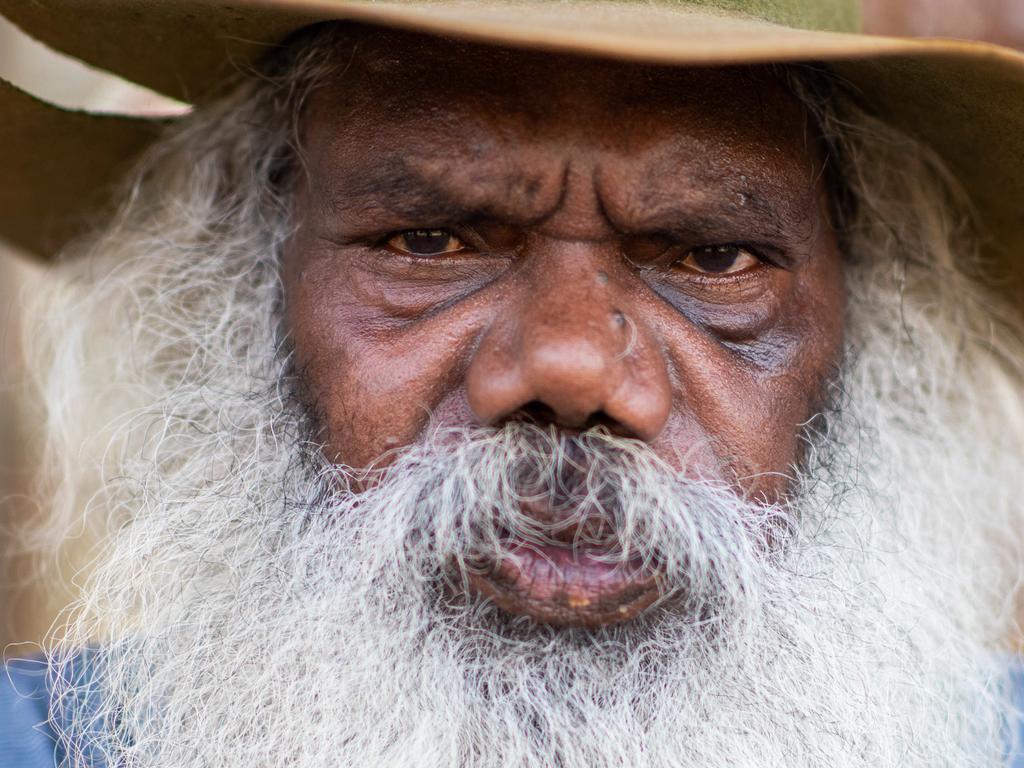No justice in ignoring voices of littlest victims

Virginia Tapscott’s heartbreaking account of the abuse she and her sister suffered showed with stark clarity the huge hurdles faced by children and young people in reporting abuse and getting protection, along with the long-term impacts on the lives of survivors.
A separate article by The Australian’s Darwin correspondent, Amos Aikman, recounted the long-term systemic failings in the Northern Territory, but common to the whole country, in identifying and responding to indicators of abuse. In this instance, it took the tragic deaths of three young women and girls to focus attention but in the Northern Territory advocates have worked for years to get proper solutions to these failings.
Child sexual abuse and sexual violence are notoriously difficult crimes to investigate and prosecute. We know children and young people are most in danger of abuse from those close to them. In 70-85 per cent of cases, the perpetrator is known to the victim, which makes it even more difficult for victims to report and seek help. Most victims struggle to disclose sexual abuse, often taking refuge in silence because of profound feelings of powerlessness, shame, guilt and fear. The consequences are horrific and follow children into adulthood. This is sadly demonstrated in Tapscott’s story.
We know the current system creates multiple barriers that make it difficult for victims — especially children and young people — to make disclosures and seek help. Everyone has the right to be safe from violence and abuse, but too often children and young people fall victim to an adversarial legal system of loopholes, unco-ordinated services, and staff ill-prepared and inadequately trained to respond.
The frequent kneejerk responses to media reports by politicians and policymakers — like calls to broaden mandatory reporting, sending out a taskforce, implementing an “intervention” in remote Aboriginal communities — have done little to improve child safety. They seem to be driven more by wanting to be seen to do something than by the evidence of what works.
A fundamental paradigm shift in how systems and communities respond to sexual violence is needed. There is good evidence of “what works” and Aboriginal advocates on the front line in the Northern Territory have brought this evidence to decision-makers repeatedly over many years.
Europe may seem far away from the remote communities of Northern Australia, but there are many valuable strategies we could draw from work done by the Council of Europe. The human rights organisation’s extensive work on protecting children from sexual violence addresses many of the challenges in taking effective action against abuse. A central premise of the Council of Europe campaign to stop sexual violence against children is the involvement and participation of children and young people in establishing and maintaining the campaign.
Children and young people — particularly Aboriginal children — need to be heard and empowered in a redesign of a system to better protect them.
Developing mechanisms that facilitate disclosure is critical to tackling sexual abuse and sexual violence. There is a body of evidence in Europe that a free-call confidential children’s helpline is highly effective in supporting children and young people to report sexual abuse. Easy access to the helpline and anonymity are paramount to the success of children’s helplines. Existing Australian helplines are not confidential and create unnecessary barriers. We also need a tailored service for Aboriginal kids in remote communities, given that many kids don’t speak English as a first language. The underlying principle is the protection of children’s rights — children are treated with dignity and respect, and supported to make formal reports and complaints. Children and young people have a safe opportunity to be heard and supported in taking action that works for them.
Along with a child helpline, we need a child-friendly justice and support system for victims rather than a frightening adversarial legal system. The Barnahaus (Children’s House) model has been widely adopted across Europe, Iceland and Nordic countries, and by the National Health Service in Britain. Barnahaus brings together a multidisciplinary team of specialists to respond to disclosure, investigation, prosecution and provision of therapeutic support under one roof.
Barnahaus services are located in a homelike setting like a residential property with child-friendly interview rooms, a medical examination room and separate observation rooms for the prosecution, defence and judge to attend formal interviews, which are conducted by a forensic child psychologist. There is usually only one interview, which is recorded, court proceedings take place quickly and the child and family receive therapeutic support.
The persistent lack of sustained, carefully designed and targeted approaches giving children and adults the knowledge and tools to prevent, recognise, report and combat sexual violence deprives our children of safety.
Aboriginal people do not shy away from this and, while child sexual abuse is not exclusively or even mainly an “Aboriginal problem”, we do know that Aboriginal children appear to be at particular risk. It is not out of sight or out of mind for us. Despite numerous discussions, meetings, briefing papers and submissions advocating for evidence-based alternative approaches to the blunt instrument of mandatory reporting and an adversarial legal system, there has been little interest from decision-makers.
It’s time for decision-makers to listen to the ideas of those at the front line working with families and children, to understand why the current system is failing and look at the evidence of what works. We need to do things differently to support the health, wellbeing and safety of all children.
Olga Havnen is chief executive officer of Danila Dilba Health Service in Darwin. She has previously worked as Aboriginal and Torres Strait Islander Programs Co-ordinator for the Australian Red Cross, Indigenous Programs Director with the Fred Hollows Foundation, and executive officer with the National Indigenous Working Group.






Two stories in The Weekend Australian last Saturday drove home the ongoing systemic failure to prevent child sexual abuse, properly support victims and keep children safe.